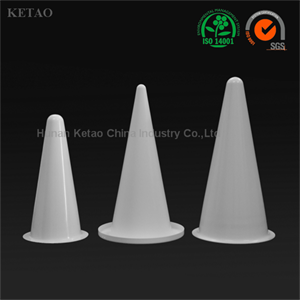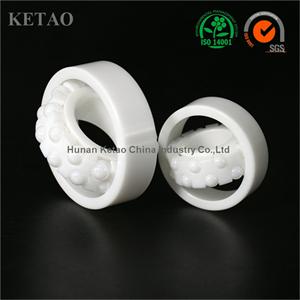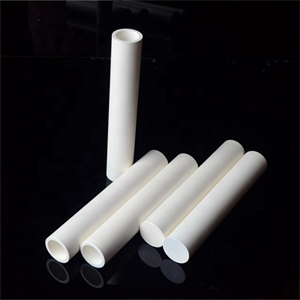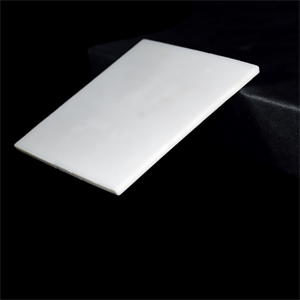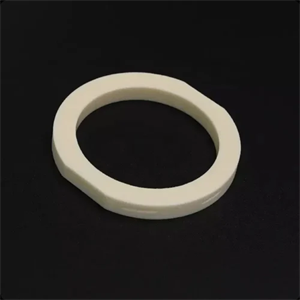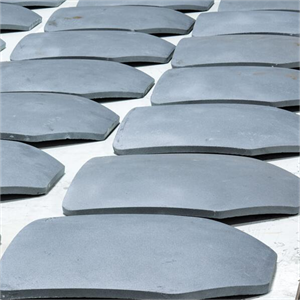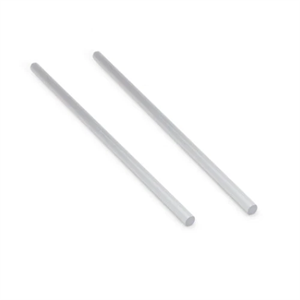
- Home
- Product
- Alumina Ceramics
- Alumina Ceramic Tube Alumina Ceramic Rod Alumina Ceramic Substrates Alumina Ceramic Disc Alumina Ceramic Plate Alumina Ceramic Roller Alumina Ceramic Crucible Alumina Ceramic Ring Alumina Ceramic Part
- Zirconia Ceramics
- Zirconia Ceramic Tube Zirconia Ceramic Rod Zirconia Ceramic Plate Zirconia Ceramic Disc Zirconia Ceramic Crucible Zirconia Ceramic Ring Zirconia Part Zirconia Knife
- Aluminum Nitride Ceramics
- Aluminum Nitride Substrates Aluminum Nitride Tube Aluminum Nitride Plate Aluminum Nitride Disc Aluminum Nitride Part
- Boron Carbide Ceramics
- Boron Carbide Tiles Boron Carbide Plate Boron Carbide Insert Boron Carbide Bushing Boron Carbide Tube Boron Carbide Nozzle Boron Carbide Ball
- Boron Nitride Ceramics (BN)
- Boron Nitride Tube Boron Nitride Plate Boron Nitride Ring Boron Nitride Nozzle Boron Nitride Crucible Boron Nitride Part
- Silicon Nitride (Si3N4) Ceramics
- Silicon Nitride Substrates Silicon Nitride Bearing Silicon Nitride Igniter Silicon Nitride Balls Silicon Nitride Tube Silicon Nitride Part
- About Us
- News
- Contact Us






